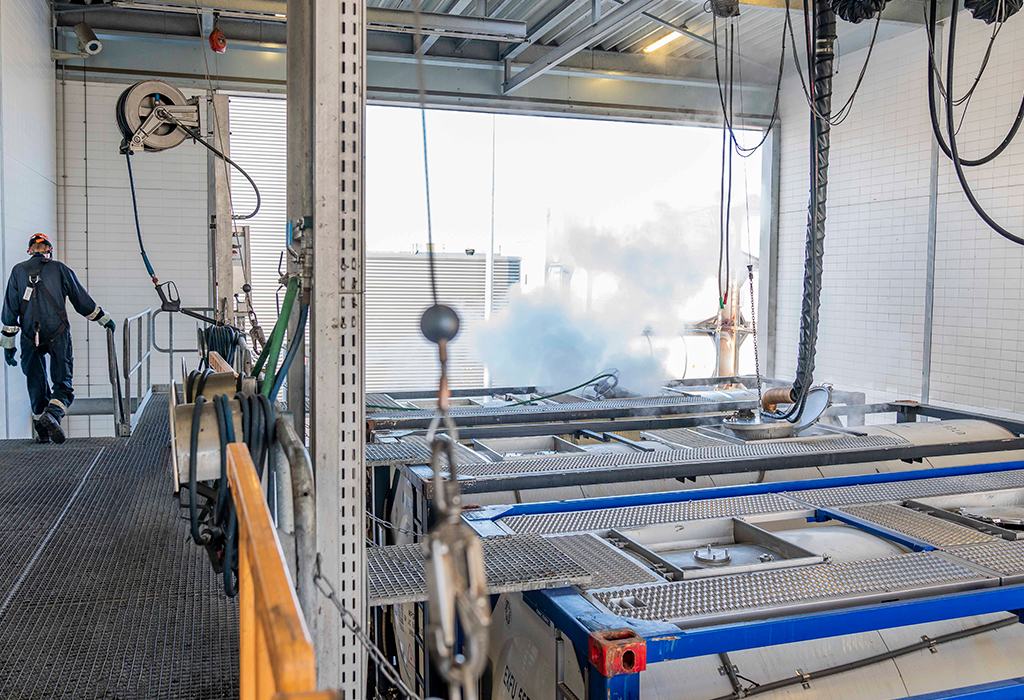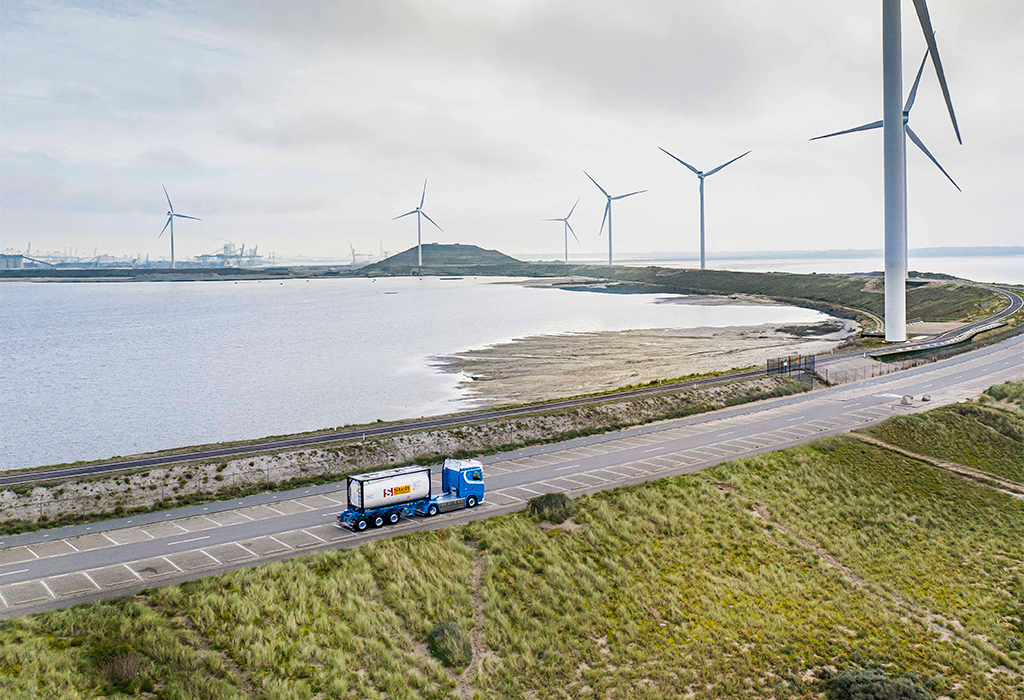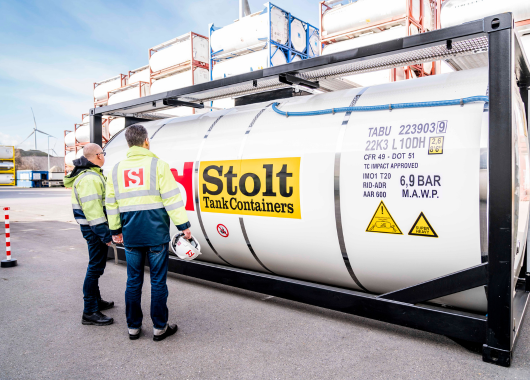In the world of liquid cargo transportation, the choice between ISO tank containers and flexibag containers has become a focal point for businesses seeking efficient and sustainable shipping solutions. ISO tank containers offer many advantages compared to their flexibag counterparts.
ISO Tank Containers: A Sustainable Solution for Liquid Cargo Shipping
Flexibags, often promoted as a convenient alternative to ISO tank containers, raise several environmental concerns. Comprising polyethylene and polypropylene sleeves, a flexibag weighing over 40kg ends up in landfills after just one use, equating to more than 7,500 single-use shopping bags. In contrast, ISO tank containers, with a service life surpassing 20 years, are approximately 90% recyclable at end of life, promoting long-term sustainability.
Moreover, flexibags pose significant recycling challenges due to a combination of product residue remaining in the bag after use and their thin 0.25mm polyethylene films, unlike the more easily recyclable rigid plastics. The misleading claim that flexibags require no cleaning post-use is debunked by the necessity to drain and clean bags carrying liquids. Conversely, ISO tank containers undergo controlled and monitored cleaning, ensuring safety for handling premium and/or hazardous goods repeatedly.
Enhancing Environmental Responsibility in the Supply Chain with ISO Tank Containers
Responsibility for the environment throughout the supply chain is a critical consideration. ISO tank container operators retain responsibility for the overall environmental impact, ensuring a controlled and audited process from design to production up until end-of-life stage. In contrast, flexibags lack traceability, transferring the responsibility for recycling and disposal to consignees.
Safety Concerns: Flexibags vs. ISO Tank Containers
Beyond environmental concerns, ITCO underscores the safety risks associated with flexibags. Next to not being allowed to carry hazardous substances, the removal and disposal of contaminated flexibags pose a hazard to destination handlers worldwide, lacking global procedures and controls. Conversely, ISO tank containers adhere to audited safety procedures, minimising risks and ensuring the well-being of everyone involved or impacted in their transportation.
ISO tanks minimize leakage risks and ensure standardized connections, streamlining loading and discharging processes. In contrast, flexibags may lead to spills and challenges during discharge due to the risk of breakage, especially when fully emptying them at the end of the discharge process.
Road Safety: ISO Tank Containers Leading the Way
Road safety is another crucial aspect where ISO tank containers outshine flexibags. Specialised training for drivers handling liquid cargoes in tank containers ensures stability and reduces risks, a standard lacking in conventional dry box trucking companies used for transporting flexibags. The potential for liquid surges affecting braking and stability of transport and box container makes flexibags less secure for both drivers and the public.
In Conclusion: The Case for ISO Tank Containers
In conclusion, the evidence presented by ITCO strongly favors ISO tank containers as the more sustainable, economical, and safer option for liquid cargo transportation.
Choose the reliability and efficiency of ISO tanks for your liquid cargo transportation needs.
Key Takeaways: Why Choose ISO Tanks for Liquid Cargo Transportation
• RecyclabilityISO tank containers are designed to safely carry hazardous and food products, ensuring easy recycling at the end of their life cycle with an approximate recyclability rate of 90%. End-of-life tanks can be efficiently recycled through established metal recovery services
• Longevity and Sustainability
With a service life surpassing 20 years, ISO tank containers offer a sustainable and enduring solution.
• Efficient Packaging
Serving as their own packaging, ISO tank containers eliminate the need for additional materials, reducing complexity and costs.
• Supply Chain Responsibility
ISO tank container operators uphold responsibility for the overall environmental impact, ensuring a controlled and audited process.
• Safety Assurance
Adherence to audited safety procedures makes ISO tank containers a secure choice for handling and transportation.
• Road Safety Expertise
Specialized training for drivers handling liquid cargoes in ISO tank containers ensures stability and minimizes risks during transportation.






